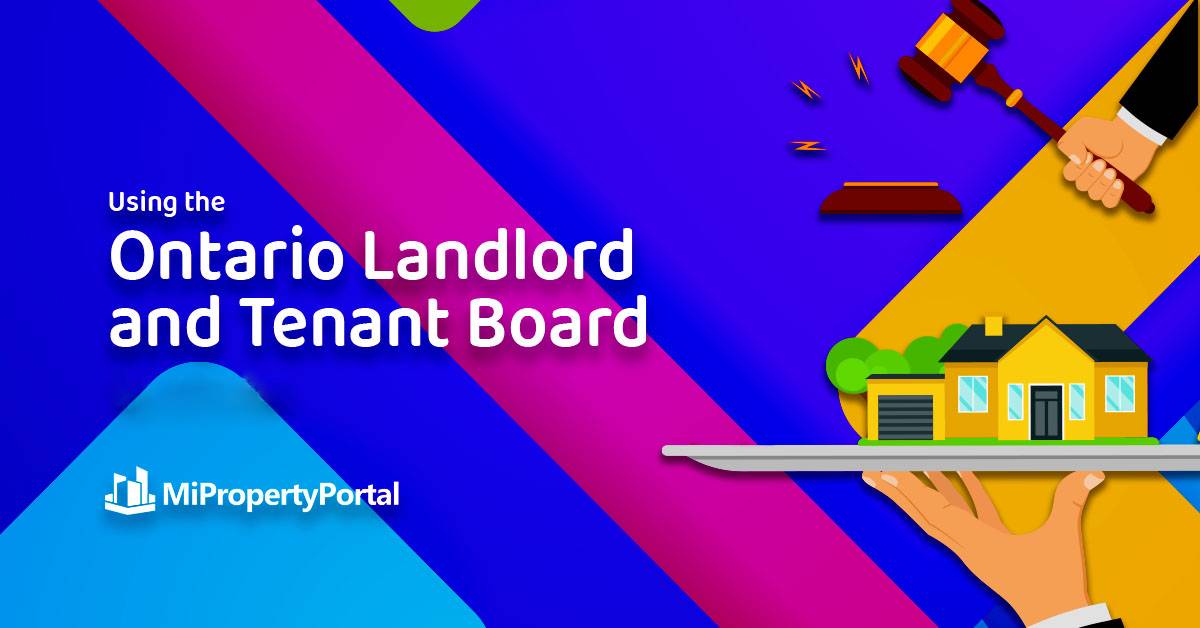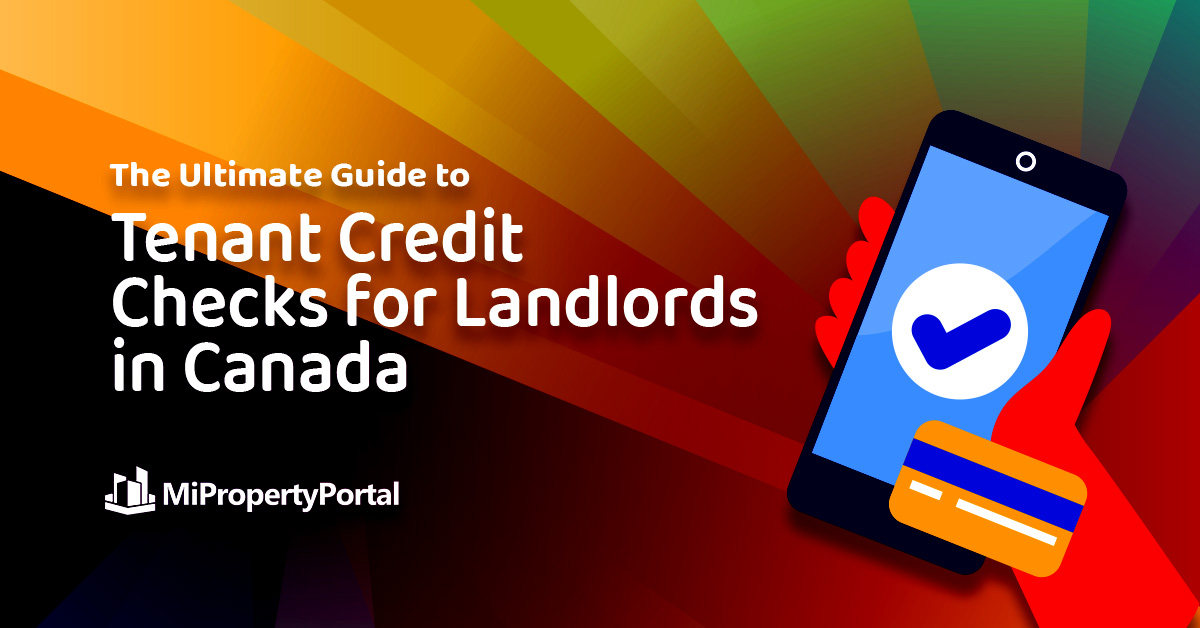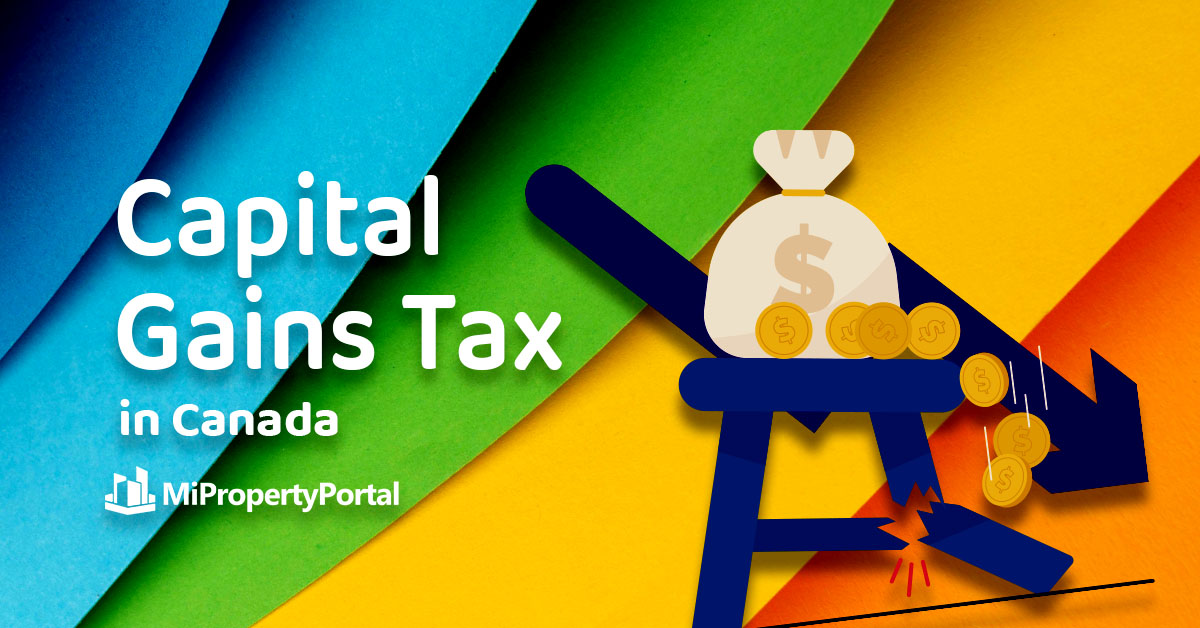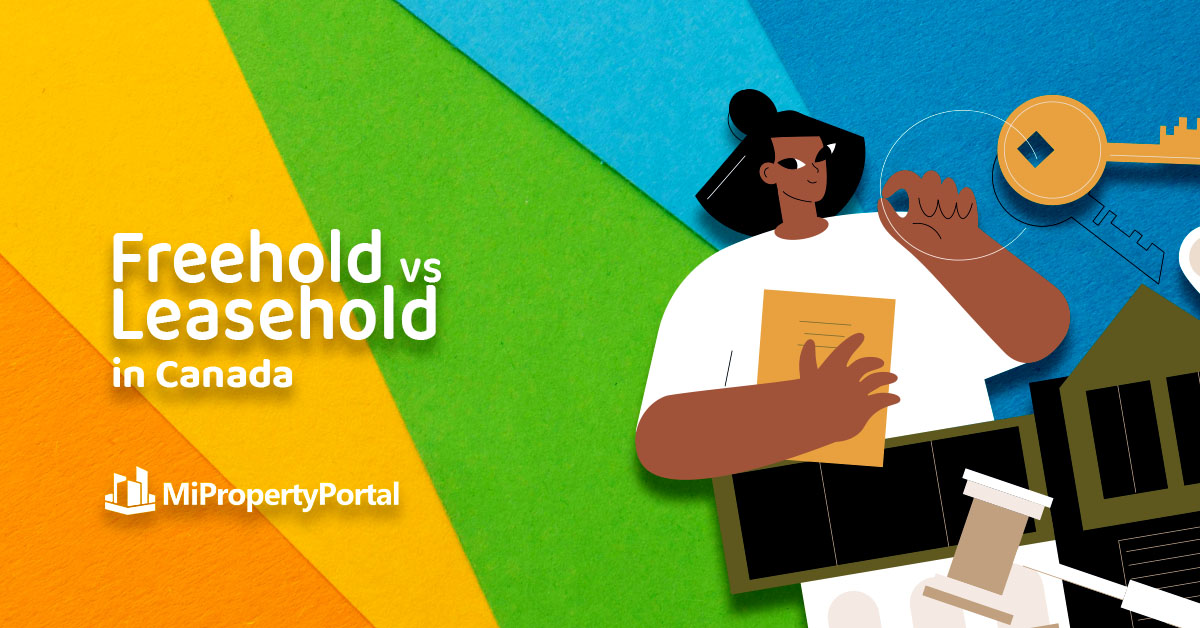In Guide
Using the Ontario Landlord and Tenant Board (LTB)

Mi Property Portal
March 25, 2024 - 8 min read
Table of Contents
Using the Ontario Landlord and Tenant Board (LTB)
Renting a property in Ontario comes with rights and responsibilities for both landlords and tenants. The Landlord and Tenant Board (LTB) plays a crucial role in ensuring that these rights are upheld and disputes are resolved fairly.
In this article, we’ll delve into the functions of the LTB and provide a comprehensive guide to navigating the rental landscape in Ontario.
What is the Landlord and Tenant Board (LTB)?
The LTB is an impartial adjudicative body responsible for resolving disputes between residential landlords and tenants. Its jurisdiction covers various matters, including rent increases, lease terminations, maintenance issues, and eviction proceedings.
Structure and Operations
The Board operates through a network of offices across Ontario, providing accessible services to landlords and tenants throughout the province. It conducts hearings, mediates disputes, and issues binding decisions based on the evidence presented and the relevant legal framework.
Key Functions and Services of LTB
Dispute Resolution
One of the primary functions of the LTB is to facilitate the resolution of disputes between landlords and tenants in a fair and efficient manner. Parties can file applications with the Board to address issues such as non-payment of rent, illegal evictions, or breaches of the lease agreement.
Its jurisdiction covers various aspects of landlord-tenant relationships, including but not limited to:
- Rent Increases: The LTB oversees applications for rent increases above the guideline amount set by the government.
- Evictions: It adjudicates eviction applications filed by landlords for reasons such as non-payment of rent, unauthorized occupants, or substantial interference with reasonable enjoyment.
- Maintenance and Repairs: Tenants can file applications with the LTB if their landlord fails to maintain the property in a good state of repair.
- Illegal Acts: The LTB addresses disputes related to illegal acts, such as unlawful entry by the landlord or tenant harassment.
Mediation and Hearings
Mediation is often the first step in the dispute resolution process, allowing parties to discuss their concerns with the assistance of a neutral mediator. If mediation fails to reach a resolution, the matter may proceed to a formal hearing before a member of the Board, who will render a decision based on the evidence presented.
Enforcement of Orders
The LTB has the authority to issue orders requiring landlords or tenants to take specific actions or comply with certain obligations. These orders are legally binding, and failure to comply can result in further legal action, including fines or eviction.
Exploring Landlord and Tenant Board (LTB) Ontario Forms
The Landlord and Tenant Board (LTB) in Ontario offers various types of forms to facilitate the resolution of disputes and the management of landlord-tenant relationships. Some common forms provided by the LTB include:
Notice of Rent Increase: Landlords must use the N1 form to notify tenants of any proposed rent increases, ensuring compliance with the legal requirements regarding the timing and amount of the increase. The N2 Form is used to increase the rent of those Rental Units exempt from the Residential Tenancies Act (RTA) of 2006’s restrictions on rent increases.
- Application for Rent Increase Above the Guideline: If landlords wish to increase rent by more than the allowable guideline amount set by the government, they must submit this N10 application to the LTB for approval.
- Notice to Terminate a Tenancy at the End of the Term: Landlords or tenants can use the N8 form to provide notice of their intention to terminate the tenancy agreement at the end of the lease term, as specified in the agreement.
- Application for Eviction: In cases where landlords seek to evict tenants for reasons such as non-payment of rent or breach of the lease agreement, they must submit these application to the LTB, along with supporting documentation. For example, N5 Notice is given to a tenant who troubles other people, damages property, or causes overcrowding.
- Application to End a Tenancy: If landlords wish to terminate a tenancy and evict a tenant for reasons such as persistent late payment or illegal activities on the premises, they can file this application with the LTB. With our comprehensive guide, you can learn more about the procedures and forms to end a tenancy or evict a tenant.
- Notice of Rescheduling the Hearing: The LTB provides this form to parties who want to reschedule the upcoming hearings scheduled to address disputes or applications filed with the Board, ensuring that all parties are aware of the proceedings.
You can visit the LTB’s website containing all the forms required for landlords and tenants in Ontario.
Landlord and Tenant Board (LTB) Application and Hearing Process
Filing an Application
Whether you’re a landlord or a tenant, initiating proceedings with the LTB starts with filing an application. Each type of application has specific requirements and forms that need to be completed accurately.
Serving Notice
After filing an application, the party initiating the proceedings must serve a copy of the application and any supporting documents to the other party. Proper service is essential to ensure that both parties are aware of the proceedings and have an opportunity to respond.
LTB Hearings and Decisions
Once an application is filed and served, the LTB schedules a hearing where both parties have the opportunity to present their case. Hearings are conducted in an informal setting, but parties are expected to adhere to procedural rules and present evidence to support their claims.
After considering all the evidence and arguments presented, the LTB issues a decision outlining the rights and obligations of the parties involved. Decisions issued by the LTB are legally binding and enforceable.
Appeals and Reviews
In some cases, parties may disagree with the LTB’s decision and seek to appeal or review it. The process for appealing or requesting a review varies depending on the nature of the decision and the grounds for appeal.
Landlord and Tenant Board (LTB) Contact Information
Contact the Landlord and Tenant Board by:
Visiting their website with the following link: tribunalsontario.ca/ltb
Calling the LTB to speak to one of the Customer Service Officers:
Within the Toronto calling area: 416-645-8080
From outside Toronto: 1-888-332-3234
Note: Customer Service Officers are available Monday to Friday, except holidays, from 8:30 a.m. to 5:00 p.m.
You can also access their automated information menu at the above numbers, 24 hours a day, 7 days a week.
Conclusion
The Landlord and Tenant Board (LTB) in Ontario plays a vital role in upholding the rights and responsibilities of landlords and tenants across the province. By providing accessible dispute resolution services, enforcing legal standards, and protecting vulnerable tenants, the LTB contributes to a fair and equitable rental housing market.


